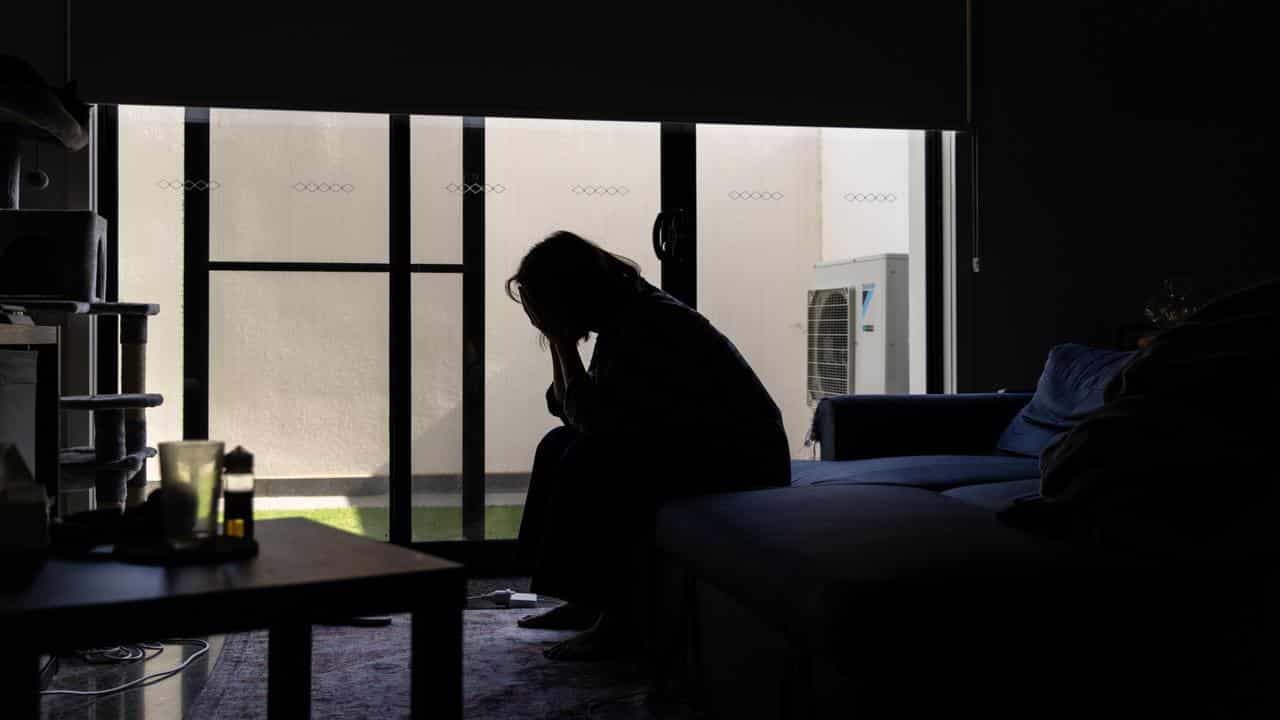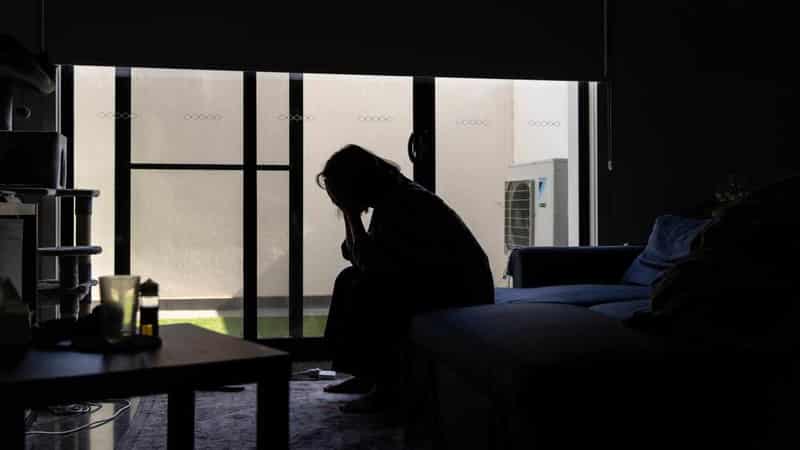
People seeking help for mental health issues in some areas only have online video consultations to rely on, an inquiry has heard.
NSW Health mental health branch executive director Brendan Flynn told a parliamentary inquiry many services have a face-to-face clinician, but not everywhere.
"So there are localities where it is only telehealth that is offered?" public health committee deputy chair Susan Carter asked.
"There would be," Dr Flynn said.
He took on notice Ms Carter's question about which areas only have telehealth available.
The NSW parliamentary inquiry is examining the equity and accessibility of outpatient community mental health care in the state.
Regional and rural areas need more in-person support and cannot rely on telehealth options alone, the inquiry heard earlier on Thursday.
“The current environment favours large national providers and digital solutions,” HealthWISE New England North West strategy manager Louise Ingall said.
The model HealthWISE has co-designed with the community places an emphasis on the value of social connectedness and could be transferable to other areas, Ms Ingall said.
Australian Association of Social Workers senior policy officer Angela Scarfe said there are large areas of NSW with low numbers of social workers, and communities that would prefer face-to-face contact with clinicians.
“Doing it over Zoom feels second best,” she said.
Bega Valley-Eurobodalla suicide prevention collaborative steering group member Glen Cotter said a lack of other options meant a high number of people experiencing suicidal distress end up in emergency rooms, which is not the right place for them.
NSW Health chief psychiatrist Murray Wright said conversations were taking place about having more senior psychiatrists available more often in emergency departments, but workforce constraints made implementation difficult.
"To find the workforce that is suitably qualified and willing to do that is a challenge," Dr Wright said.
Accessing services can be difficult in regional areas due to distance.
“Telehealth options can help but cannot always be relied upon and can’t be the full answer,” Mr Cotter said.
Mr Cotter and Ms Ingall called for improved certainty around funding for services.
Peer workers without qualifications but who have experienced mental health challenges, like Mr Cotter, can also play an important role if they're supported, he said.
Students training to work in the mental health space should spend time with peer workers, he said.
Mr Cotter described talking to a class of tertiary students where 40 per cent acknowledged they had experienced suicidality, but none had mentioned it in their university applications, fearing it would hurt their chances.
“We’re still bringing professionals in who are afraid to admit they have lived experience,” he said.
Per-patient Medicare gap payments also encouraged managers to push general practitioners towards shorter sessions, Ramsay Clinic Thirroul consultant psychiatrist Karen Williams earlier told the inquiry.
“It should never cost the clinician to actually give a s***,” Dr Williams said.
She agreed the current funding system provided perverse economic incentives and required rethinking.
People going through the system who repeatedly experienced treatment that did not work were left feeling broken and unable to be fixed, she said.
Repeatedly seeing the same faces also left carers disillusioned, contributing to recruitment and retention issues in the workforce.
“You go into medicine because you want to see people get better, that’s not happening in the mental health system the way it stands and so it’s not inspiring new people to do it at all,” Dr Williams said.
Lifeline 13 11 14
beyondblue 1300 22 4636
Kids Helpline 1800 55 1800 (for people aged 5 to 25)









